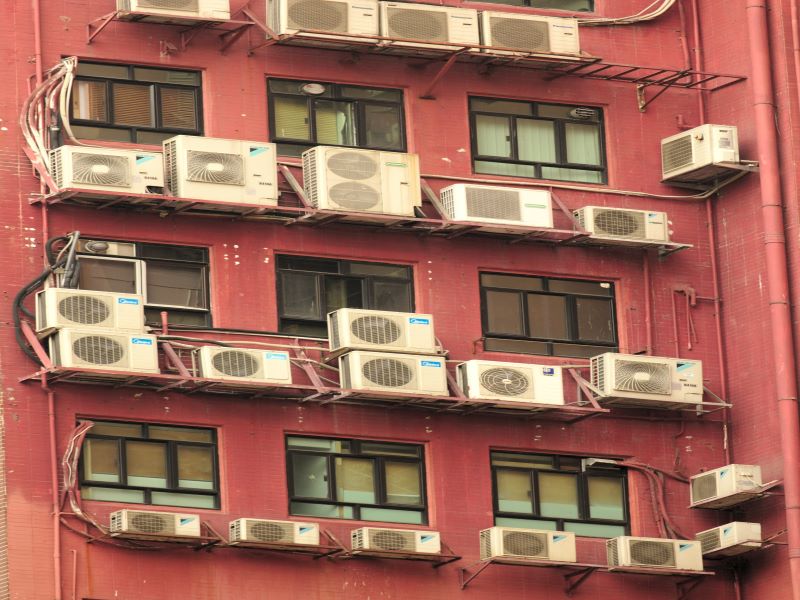
Govt amends white goods PLI scheme rules for chosen candidates
New Delhi: The government, on Wednesday, tweaked the Production Linked Incentive (PLI) scheme rules for white goods for the selected candidates by modifying the method for assessing production value for internal consumption, sales to affiliated firms, and associated entities.
Apart from the adjusted formula for evaluating sales to related parties, the updated guidelines also include provisions for scrutinizing incentive claims by the Project Management Agency.
The IFCI is the executing body for PLI in the white goods sector. It has also been entrusted with suggesting the extent of incentives for manufacturers.
The updated regulations also grant the overseeing ministry, the Department for Promotion of Industry and Internal Trade (DPIIT), the power to conduct inspections at the production sites of the beneficiaries. Previously, this authority was vested in the managing agencies.
A Financial Express report said that these alterations stem from discrepancies over the amount of incentive claims made by mobile phone manufacturer Samsung.
The government had contested the sum requested by the company. Following a re-evaluation of production figures, the matter has been resolved.
Instead of the initial claim of Rs 900 crore, the company is set to receive Rs 500 crore for increased production in FY 21, as per earlier sources.
As per the revised method for determining sales value to related parties, the guidelines also permit the use of the cost-plus criterion for establishing an arm’s length price, provided it is certified by a Cost Accountant.
The other widely accepted definition of the arm’s length principle (sale to unrelated parties) remains intact. Under the application of cost-plus criteria, the new rules also allow for a 5% addition.
The eligibility for incentives under the PLI scheme, which currently includes 14 sectors, is subject to the value of additional output generated through new investments. For white goods, including Air Conditioners and their components, as well as LEDs, the incentive ranges from 4-6%.
Furthermore, the updated guidelines specify that if companies receive incentives based on claims that later prove inconsistent with statutory compliances, any excess funds will need to be refunded along with the incentives.
Support Our Journalism
We cannot do without you.. your contribution supports unbiased journalism
IBNS is not driven by any ism- not wokeism, not racism, not skewed secularism, not hyper right-wing or left liberal ideals, nor by any hardline religious beliefs or hyper nationalism. We want to serve you good old objective news, as they are. We do not judge or preach. We let people decide for themselves. We only try to present factual and well-sourced news.







